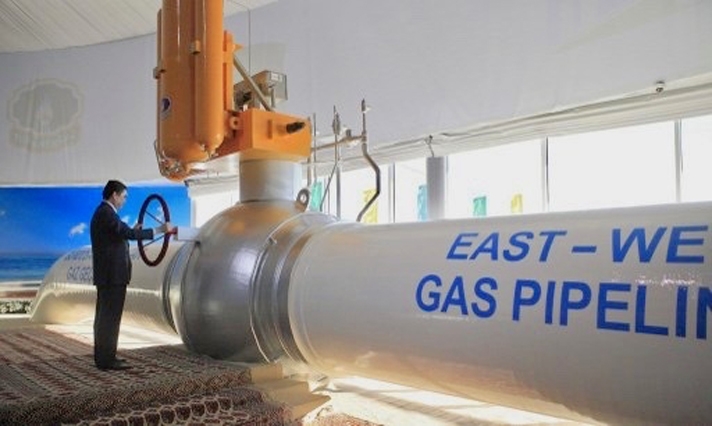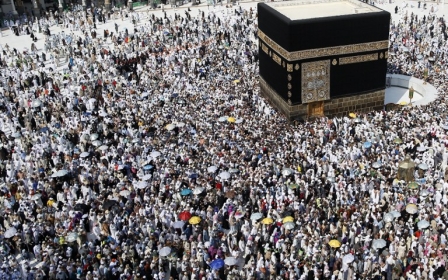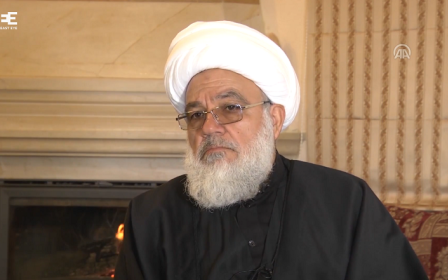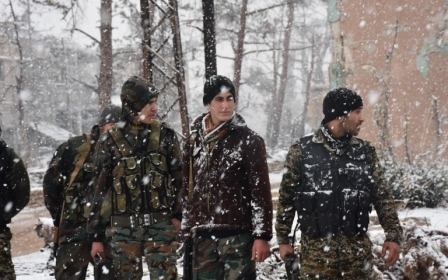Turkmenistan halts gas flow to Iran in row over arrears

Turkmenistan halted gas supplies to Iran on Sunday amid tensions between the two countries over arrears, the National Iranian Gas Company was cited by oil ministry news agency Shana as saying.
"The gas company of Turkmenistan has cut gas exports to Iran, contrary to the agreement reached, by demanding immediate payment of arrears," Shana quoted an official statement as saying.
Tehran said in December that Turkmenistan had threatened to stop gas exports because of arrears, which amounted to about $1.8bn and dated back more than a decade. Iran wanted to refer the issue to arbitration.
The two countries have not been able to reach agreement on the payments or the amount of arrears Iran owes to Turkmenistan.
Iran uses Turkmen gas in the populated north of the country, while its main gas fields are in southern Iran.
National Iranian Gas asked consumers to "pay attention to consumption," but added that with domestic production rising, the country did not need to import gas and could cope by making savings.
Turkmenistan currently exports as much as 10 billion cubic metres of gas to Iran, its third-biggest trading partner after China and Turkey.
Ten years ago, Turkmenistan abruptly stopped its gas exports to Iran in the middle of winter, and demanded a ninefold increase in the price.
According to an oil ministry official, Iran currently produces 700 million cubic metres of gas daily, and imports from Turkmenistan represents only 1.5 percent of domestic consumption.
Turkmenistan's total gas reserves are estimated to be the fourth-biggest in the world behind Qatar, Russia and Iran.
New MEE newsletter: Jerusalem Dispatch
Sign up to get the latest insights and analysis on Israel-Palestine, alongside Turkey Unpacked and other MEE newsletters
Middle East Eye delivers independent and unrivalled coverage and analysis of the Middle East, North Africa and beyond. To learn more about republishing this content and the associated fees, please fill out this form. More about MEE can be found here.




